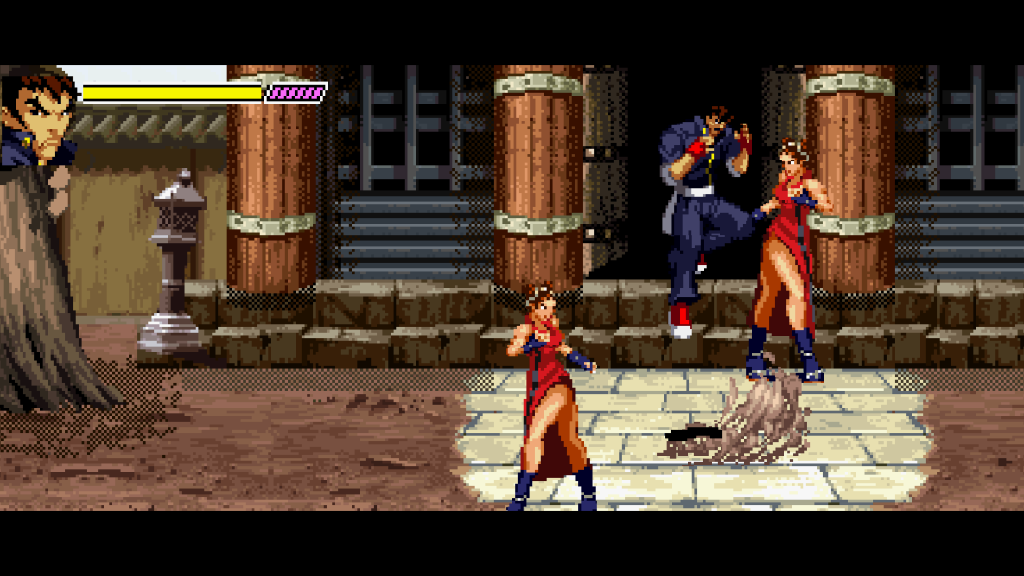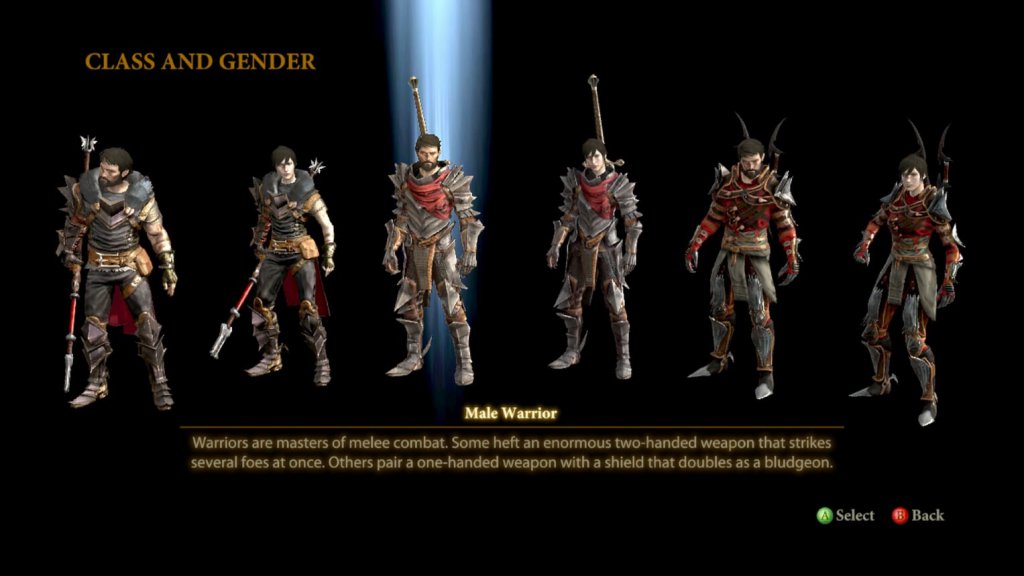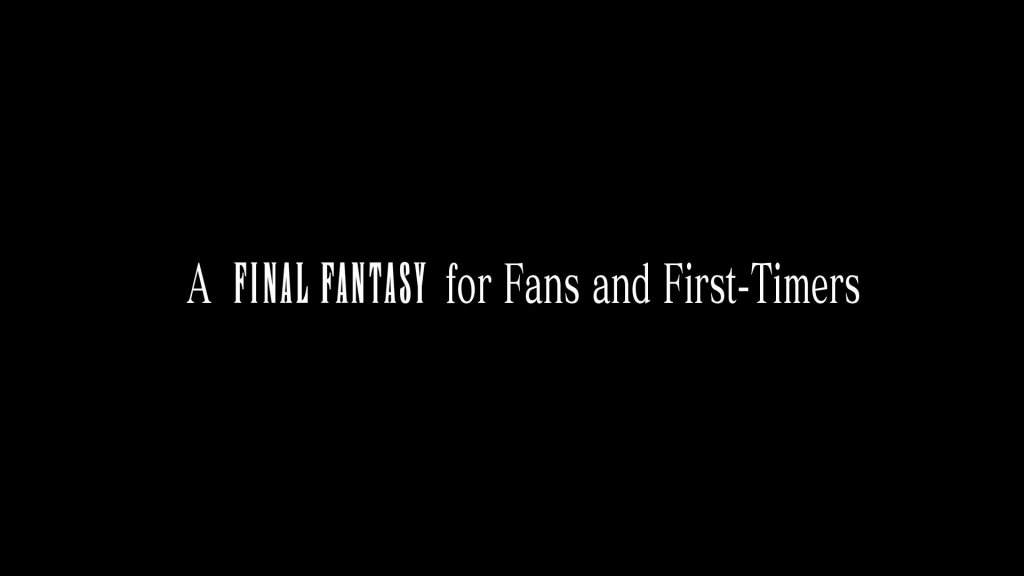This piece is primarily going to be about borders and the lack thereof — the things trapped within, and those unbounded. I didn’t come up with the name/pun of this piece (that can be squarely blamed on the editor-in-chief), but it’s enough of a framing device for some thoughts I’ve been struggling to verbalise.
Games can and will be disappointing. Games can and will be exciting and revealing; whether a game is defined as one or the other is up to the player/audience’s personal experience, and as such doesn’t necessarily hold ground with everyone.
 I have found myself indifferent to some games. At the moment I’m staring at a copy of Gekido: Kintaro’s Revenge. I have no interest in completing it. I don’t want to detract from what the game does well, but everything I respect from the beat-’em-up genre is seemingly absent. It operates outside of the genre borders.
I have found myself indifferent to some games. At the moment I’m staring at a copy of Gekido: Kintaro’s Revenge. I have no interest in completing it. I don’t want to detract from what the game does well, but everything I respect from the beat-’em-up genre is seemingly absent. It operates outside of the genre borders.
I’ve decided to stop trying to formulate excuses about what could make the game better — the number-one answer I have found is a different audience, people who are happy with the potential of the game rather than those who feel limited by the scope. I find Gekido lacks a framing device — both a literal frame and that of some form of explanation for anyone not familiar with the narrative and story of the previous/first entry.
In a previous article, I mentioned how I prefer parts of Mass Effect to Mass Effect 2. It isn’t that I was a big fan of the original Mako (it gets a bad rap), but I preferred roaming a map as if was an interface my avatar was interacting with, as opposed to the sequel’s method of manually controlling the ship with fuel consumption and the sort.
 Much of this was due to the inevitable fact that a sequel, in most if not all cases, starts with relatively known quantities. The mysteries that were solved in the previous entries, can cause standard follow ups to feel like a retread. Sequels are defined by what came before and a good sequel can swerve this by introducing elements to shake things up early, which will inevitably rub members of the audience the wrong way.
Much of this was due to the inevitable fact that a sequel, in most if not all cases, starts with relatively known quantities. The mysteries that were solved in the previous entries, can cause standard follow ups to feel like a retread. Sequels are defined by what came before and a good sequel can swerve this by introducing elements to shake things up early, which will inevitably rub members of the audience the wrong way.
I didn’t enjoy Dragon Age II. I devoured the original game and the expansion, but the producers cleverly decided to change up almost everything, making the game a progression of the narrative from a different perspective rather than forcing a retiree back into the ring.
 It’s my least favourite of the four, but it’s the one I think about the most, conceptually. What I wanted was what I thought Dragon Age was: a game about the Grey Wardens vanquishing darkspawn. Not what Dragon Age is: the tale of Thedas, its people and its cultures. It would take the sequel to that game for me to even attempt to reframe my opinions on DA2. The third, main instalment in the series would expand on the scope of the original entry with scouring a continent, rather than focusing on a localised narrative framed around a city and the people attempting to create a new home.
It’s my least favourite of the four, but it’s the one I think about the most, conceptually. What I wanted was what I thought Dragon Age was: a game about the Grey Wardens vanquishing darkspawn. Not what Dragon Age is: the tale of Thedas, its people and its cultures. It would take the sequel to that game for me to even attempt to reframe my opinions on DA2. The third, main instalment in the series would expand on the scope of the original entry with scouring a continent, rather than focusing on a localised narrative framed around a city and the people attempting to create a new home.
Similarly, only two games in the Assassins Creed series have really grabbed me — the ninth and tenth entries, Syndicate and Origins. While still connected to the narrative threaded through the previous eight games, they are less about the core stealth element of the original series and are simply historically framed, open-world games. They are less ‘the next narrative addition’, more an excuse to continue an idea in a new location, a la the Final Fantasy series — a series of which I’ve only played the seventh, eighth and fifteenth to completion, but greatly enjoyed for different reasons.
 Final Fantasy XV is interesting for the opposite of reasons. It exists as an entirely new entry in a long-running series that hasn’t had explicitly connected entries in over twenty years. They made a new game, which feels the most disconnected from the series while at times explicitly alludes to the narrative of some of the more beloved entries, but without it being a big deal to the new players or those like myself who haven’t touched the first six entries. It is the opposite of the burden you would expect from the fifteenth named entry in a series totalling over fifty entries.
Final Fantasy XV is interesting for the opposite of reasons. It exists as an entirely new entry in a long-running series that hasn’t had explicitly connected entries in over twenty years. They made a new game, which feels the most disconnected from the series while at times explicitly alludes to the narrative of some of the more beloved entries, but without it being a big deal to the new players or those like myself who haven’t touched the first six entries. It is the opposite of the burden you would expect from the fifteenth named entry in a series totalling over fifty entries.
If I were to replay DA2, I’ll likely have a much better experience now that I’m not looking for a rehash of my warden experience, but I don’t know what it will take for me to return to Gekido: Kintaro’s Revenge, as I’m unlikely to replay the original.
Comments are closed.